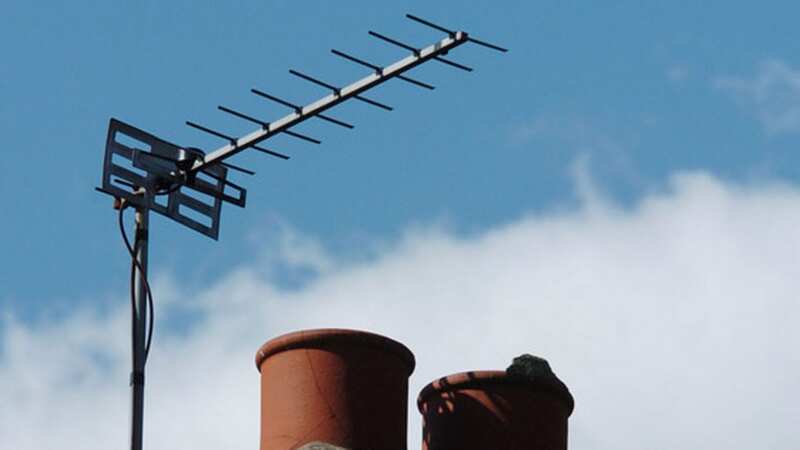'Save TV and radio for pensioners and delay terrestrial switch off beyond 2034'

Pensioners want traditional television protected until at least 2051 amid mounting fears of a switch off, a study reveals today.
A report published by the Silver Voices campaign group warns against plans to scale back terrestrial broadcasting. The Mirror exclusively revealed in December how campaigners had launched a fight to protect TV and radio signals ahead of a looming switch off.
Signals through aerials are only guaranteed until early next decade - fuelling worries that services could be wound down from the mid-2030s. Viewers who watch TV through satellite or broadband providers would not be affected by a terrestrial shut down because they do not receive channels via an aerial. But more than 17 million adults in Britain watch Freeview TV through an aerial every week.
According to today’s 40-page Safeguarding Universality: The Future of Broadcast TV and Radio report, four in five believe TV and radio should be protected well beyond 2040 – to at least 2051, with some going further and calling for them to be protected until 2079. Some 74% believe scaling back broadcasting services could cut off older people.
Silver Voices director Dennis Reed said: “The removal of broadcast services risks isolating our members further and no one should be left behind, ignored or neglected.” A coalition of groups under the Broadcast 2040+ umbrella is fighting to keep terrestrial switched on.
 Teachers, civil servants and train drivers walk out in biggest strike in decade
Teachers, civil servants and train drivers walk out in biggest strike in decade
 Silver Voices director Dennis Reed (Collect Unknown)
Silver Voices director Dennis Reed (Collect Unknown)The report’s five recommendations include calling on the Government to provide “a clear commitment to the long-term protection of broadcast services, including a date well beyond current commitments”; ensure “TV and radio broadcasting, and the broad range of services delivered through it, are protected for the long-term within any ongoing and future legislation”; and placing “the voices of the listeners and viewers, and in particular those groups most heavily reliant on broadcast services, at the centre of the debate and any decision-making by government or Ofcom”.
Mr Reed said: “The Government must step up and take action – including by implementing the recommendations we have set out today – to protect the future of these vital services that are not only an essential national asset but something millions of older and vulnerable people across the country rely on day in, day out.” With a general election looming next year, he has also written to Labour leader Keir Starmer pleading for his backing for the fight.
The letter, seen exclusively by the Mirror, says: “As the Prime Minister in waiting, we ask you to show leadership on this important issue. I call on you to confirm that a future Labour Government would protect traditional TV and radio on which so many of the most vulnerable in our society depend.”
Shadow Culture Secretary Thangam Debbonaire said: “Broadcast TV and radio allows tens of millions of people to come together and share in the life of the nation. Whether to cheer on the Lionesses, watch Elton (John) at Glastonbury or to mourn the Late Queen, these shared experiences bring us together as one United Kingdom. At a time where loneliness is at an all-time peak, news, entertainment, and sport keeps us connected, brings us joy and strengthens our mental health. The Tories must come clean about how they will stop lower income households, older audiences and those in rural and remote locations from being left out of our national story.”
A DCMS spokeswoman said: “The Culture Secretary has been clear that terrestrial TV and radio will remain accessible for the foreseeable future and that no one should be left behind amid changing viewing habits.
"We are currently conducting research on the future of TV in the UK to inform long-term decisions on whether to extend the current commitment to keep Freeview on air until at least 2034.”
Researchers carried out 55 online interviews, with 24 participants from Silver Voices and another 31 non-members, along with a poll of more than 700 Silver Voices memes and a 4,000 strong survey of the general public.
Read more similar news:
Comments:
comments powered by Disqus

































